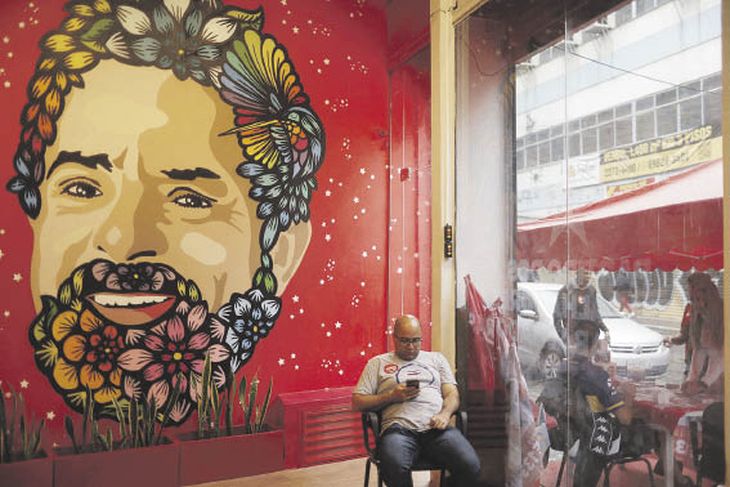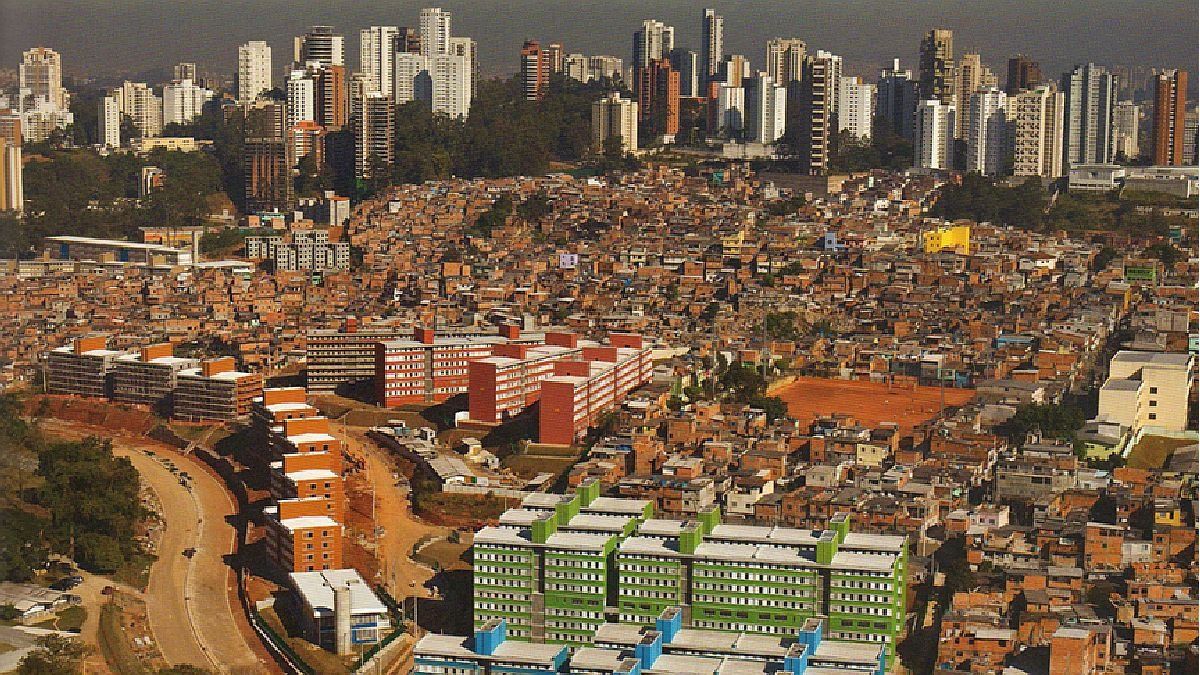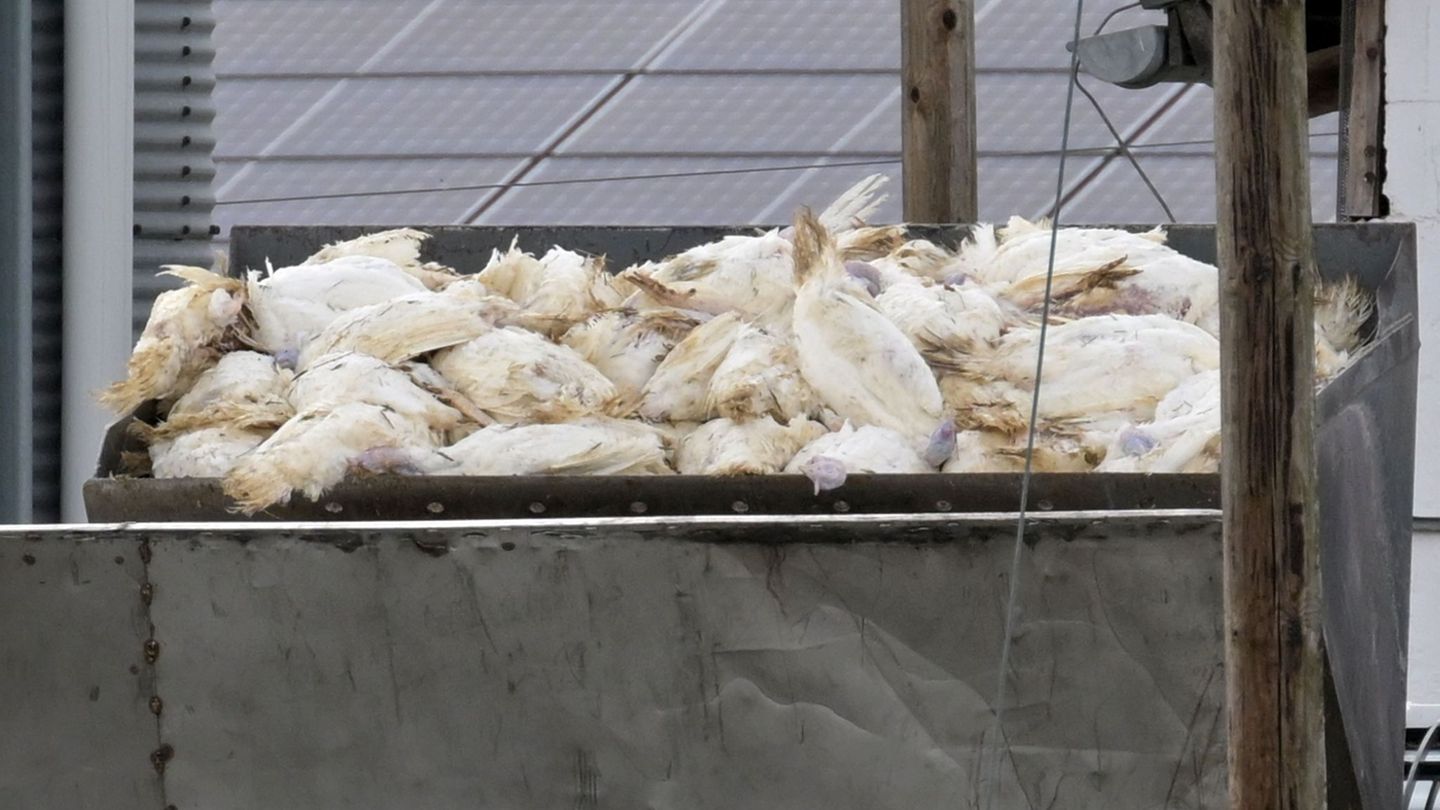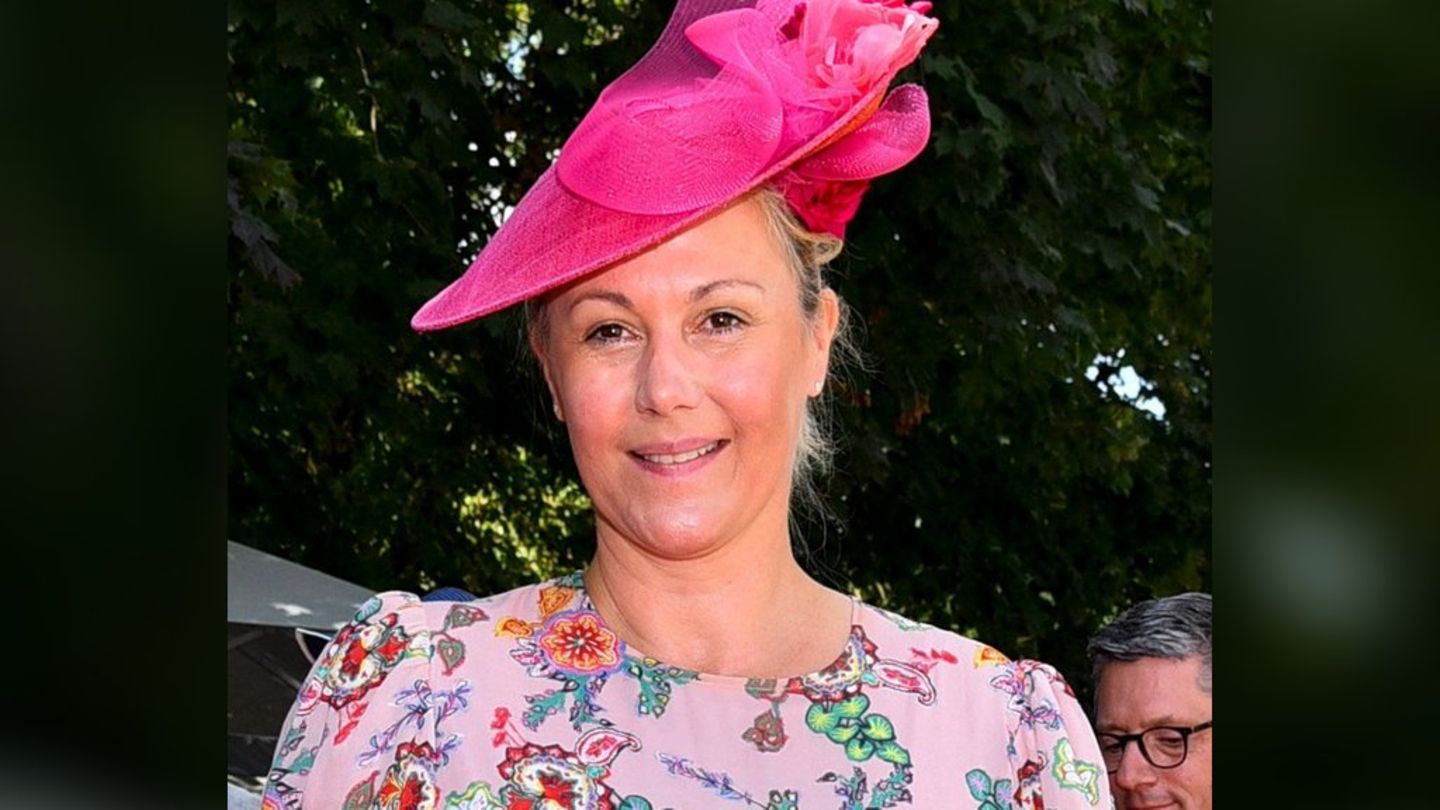Hours before the most important election in the modern history of Brazil, on a gray rainy day, the only color that flames is the red of the Workers’ Party (PT) of Luiz Inacio Lula da Silvawhich has made a strong impact in Heliopolis, since from there, before starting the campaign, the former president held an act to ask 16-year-olds to register with the electoral justice system and be able to vote in 2022.
“Heliopolis is going to respond to Lula. We want to remove Bolsonaro, who has done nothing for our community,” José Gilberto, an internal immigrant from the state of Pernambuco, who owns a bar where he mainly sells cachaca, the Brazilian brandy made from sugar cane, told Télam.
Elections Brazil.jpg
Telam
The bar, on a Friday before dark, is empty. As the clientele has dropped considerably due to the economic crisis, he is also dedicated to fixing up kitchens. “In Lula’s time there was credit to buy appliances, now everything is fixed until it doesn’t work anymore,” said this Brazilian in the middle of the 5-square-meter bar where as decoration he has cages with the canaries he collects.
In Brazil, the lower classes are the ones that have suffered the most from the inflation that has hit the country since 2021, especially because despite the drop in fuel prices, food prices continued to rise, within the framework of the non-intervention policy publicly declared by the government. President Bolsonaro. 78% of Brazilian families are in debt.
The price of food in the basic basket rose 25.3% in the last twelve months, against the 9% accumulated in the same period of the official IPCA inflation index.
The Heliópolis favela has several districts, a life driven by popular consumption, cheap shops and the possibility of buying food at a price three times lower than in other neighborhoods of São Paulo.
Popular commerce is the engine of the favela, where the maids, drivers, food deliverers and elevator operators of the companies and the upper classes of São Paulo work, the icon city of inequality, with 45,000 homeless people living on the sidewalks .
In all the streets of Heliópolis, a favela that emerged in 1971 and located in the Ipiranga neighborhood, there are flags of Lula and the PT. There are no traces of Bolsonaro or his candidates for Governor of São Paulo or deputies as there are in other parts of the city. Heliopolis could be a city in itself, with large sports centers and an auditorium for the children’s symphony orchestra. It is one of the axes of social policies accumulated between governments and non-governmental organizations.
INTER – BRAZIL-ELECTIO_opt.jpeg

WAITING. A man awaits the arrival of militants of the Workers’ Party in a local party in the city of Rio de Janeiro. The possible return to power of Lula da Silva brings hope to the poorest in Brazil.
A motorcycle with Lula’s face on the front greets Télam at the door of another bar. The traffic is intense, there are cars of all ranges, even Mercedes Benz enter that mix with the cars of the cardboard collectors who return from the center of the city to be able to sell what they collected.
“Our day to day is calm within the community. There is more violence in the rest of the city, here we all know each other. Bolsonaro brought us headaches, hunger and complications for day to day”said Lía Santos, in charge of the Heliópolis children’s library.
There, for example, there are talks about the history of Brazil for teenagers and space for children to borrow books or listen to stories on site. Next to the library, the Mac Favela restaurant shines, a symbol that has giant hamburgers for 10 reais (2 dollars).
The Brazilian popular economy has, above all, originality. There is nothing that the Brazilian cannot invent. That is why the community leader Marcelo Silva, of the Nueva Heliópolis Community Action entity, manages to finance its social project to provide food to the poorest people with the logistics company Favela Express. The company was born in the pandemic to finance social projects.
Many mail carriers who brought online parcels to Heliopolis were robbed upon entering the favela, so large stores needed to find a logistics partner within the community. “We receive the packages per day and distribute them with eight cars. They gain in efficiency and safety in exchange for the logistics work that we offer them so that those income finance social projects,” the community leader told Télam.
Beauty salons fill up at low prices on weekends for one of the favorite sports of Brazilian women, getting their nails painted, dyed eyebrows with henna and put on false eyelashes. The one of the popular hairdressers is one of the biggest ventures of the favelas of all Brazil.
A PT and Lula voter, Zeca, owner of the Zequinha bar located next to a place where party pamphlets are distributed, laments that the crisis has reduced his clientele. In any case, he took the risk and renovated his bar because he believes that popular consumption, if Lula returns, will also return.
Lula’s speech – criticized by progressive sectors of the PT – that the people just want to improve life to be happy with a piece of picaña and a beer on the weekend fits perfectly in Heliopolis.
“Before,” said Zeca, “people would go out and spend several hours at the bar, while now they stay for several hours but without consuming anything. Few can eat grilled meat. Many people lost their jobs and live in informality. I know to many who returned to the northeast, where their parents had left to escape hunger, because they no longer have a place in São Paulo”.
Source: Ambito
David William is a talented author who has made a name for himself in the world of writing. He is a professional author who writes on a wide range of topics, from general interest to opinion news. David is currently working as a writer at 24 hours worlds where he brings his unique perspective and in-depth research to his articles, making them both informative and engaging.




